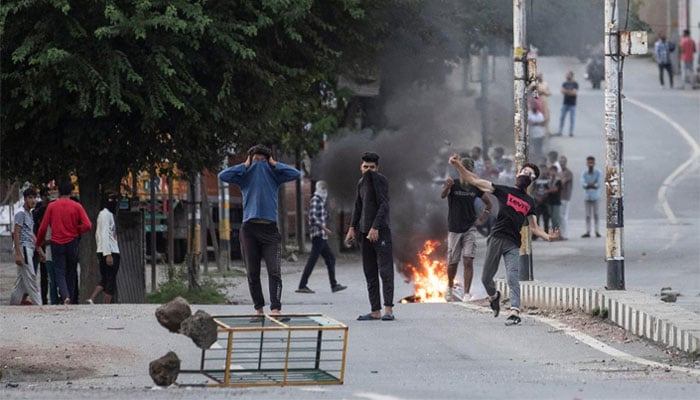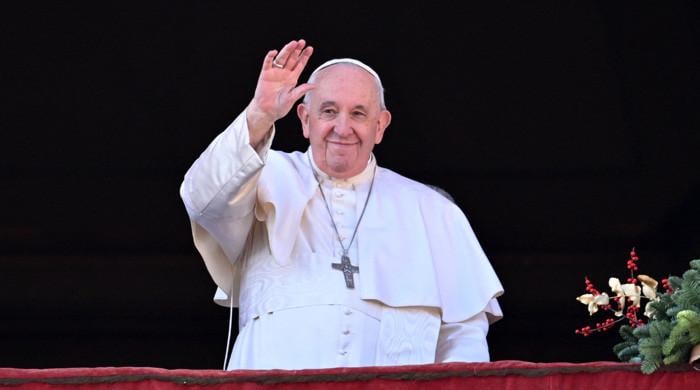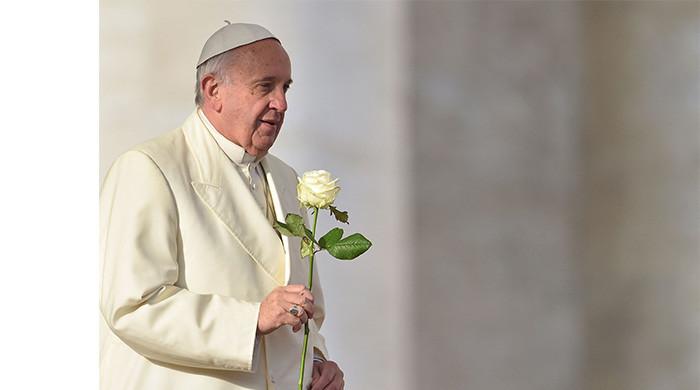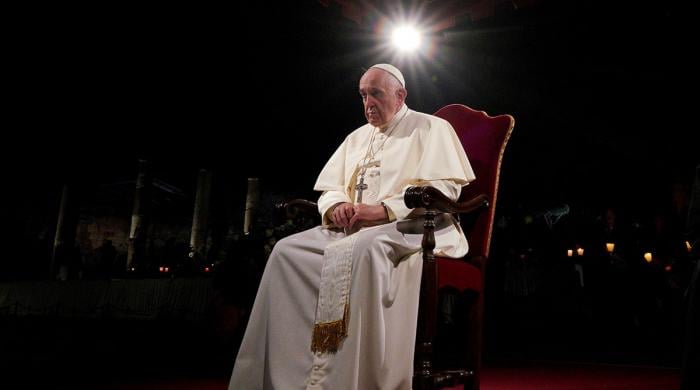Fingerprint bureau: India gears up for 'screening and profiling' of Kashmiris in IIOJK
Move to assist Indian army, police and paramilitary forces to conduct record checks of Kashmiris
January 02, 2024

- Move to provision extensive database of Kashmiris' fingerprints.
- Will assist Indian army, police in maintaining records of people.
- Valley subjected to mass arrests and blackouts since 2019.
Weeks after the Indian Supreme Court legalised the Narendra Modi-led government’s decision to abrogate Article 370 revoking Indian Indian Illegally Occupied Jammu and Kashmir’s (IIOJK) special status, New Delhi has now geared up for extensive screening and profiling of the residents of the occupied valley.
In December 2022, a five-judge bench led by Chief Justice of India (CJI) Dhananjaya Yeshwant Chandrachud ruled the IIOJK became an integral part of India "which is evident from Articles 1 and 370 of the constitution" and ordered India’s election commission to conduct elections in the region by September 2024.
The unanimous ruling came in response to more than a dozen petitions challenging the 2019 revocation and a subsequent decision of the Modi government to split the region into two federally administered territories.
In its latest measure to further subjugate the people of Kashmir, New Delhi has approved the establishment of the Finger Print Bureau in IIOJK for screening and profiling the Kashmiri population as part of its designs to suppress the freedom sentiments in the territory.
The development comes as the occupied valley — since the 2019 August 5 move by the Modi-led government to revoke the semi-autonomous status of the valley — has been subjected to mass arrests, internet and communications blackouts as part of the Indian government’s attempts to suppress the Kashmiris’ dissent and freedom of expression.
As per the Kashmir Media Service, 73 posts have been sanctioned for the aforesaid bureau in the occupied territory.
The Finger Print Bureau will be headed by a Senior Superintendent of Police rank official and will be assisted by one Superintendent of Police and two Deputy Superintendents of Police.
Meanwhile, a total of 22 Sub-Inspectors and 28 selection-grade constables will also be part of the new wing.
Provisioning a comprehensive database of fingerprint records of the Kashmiri people including organising and indexing coupled with regular updates, the Bureau will help the Indian army, police, paramilitary forces and investigation agencies to conduct record checks by analysing fingerprints from existing records.
Pakistan has repeatedly called on the international community to hold India accountable for its grave violations of human rights conventions in IIOJK.
Last month, caretaker Foreign Minister Jalil Abbas Jilani wrote to the leadership of the United Nations (UN), Organisation of Islamic Cooperation (OIC), and the European Union (EU) stressing that under international law, domestic legislation, and judicial verdicts cannot be invoked to determine the final status of an internationally-recognised disputed territory.
Condemning the unlawful measures of the Indian authorities to consolidate their occupation of IIOJK and persistent suppression of the rights of the people of Jammu and Kashmir, the foreign minister called on the UN Security Council to ensure full implementation of its resolutions on the Jammu and Kashmir dispute and to urge India to end the grave and systematic human rights violations in IIOJK and to reverse all its illegal and unilateral actions in IIOJK undertaken since August 5, 2019.
With additional input from APP











